Festivals in Venezuela, a country rich in cultural diversity and history, celebrates a myriad of festivals and holidays that reflect its unique blend of indigenous, African, and Spanish influences. These celebrations showcase the vibrant traditions, religious practices, and social customs that have shaped the nation over the centuries. In this exploration, we will delve into some of the most relevant festivals and holidays in Venezuela, examining their historical origins, cultural significance, and the ways in which they contribute to the nation’s cultural mosaic.
1. Carnaval – February/March
Carnaval is a lively and exuberant celebration that takes place in February or March, preceding the Lenten season. The festival is celebrated across Venezuela, with each region adding its unique flair to the festivities. One of the most renowned Carnaval celebrations occurs in El Callao, a town in the state of Bolívar.
Carnaval in Venezuela is a time of vibrant parades, music, dance, and elaborate costumes. The celebration often incorporates traditional folk dances such as the “Dancing Devils of Yare,” a UNESCO-recognized cultural heritage event. Carnaval is a testament to the country’s multicultural identity, blending indigenous, African, and European influences into a dynamic and joyous celebration.
2. Semana Santa – Holy Week (March/April)
Semana Santa, or Holy Week, is a significant religious observance in Venezuela, marking the Passion, Crucifixion, and Resurrection of Jesus Christ. The week leading up to Easter Sunday is marked by solemn processions, religious services, and rituals that vary across regions.
Cities like Mérida and Caracas are known for their elaborate Semana Santa processions, where religious statues are paraded through the streets. The faithful participate in these events, reflecting on the spiritual significance of the season. Semana Santa underscores the deep influence of Catholicism in Venezuela and provides an opportunity for collective reflection and devotion.
3. Feria de la Chinita – November
The Feria de la Chinita is a cultural and religious celebration dedicated to the Virgin of Chiquinquirá, the patron saint of the state of Zulia. The festival, held in November, is centered in Maracaibo and is one of the most important religious events in Venezuela.
The highlight of the Feria de la Chinita is the grand procession in honor of the Virgin. Pilgrims and devotees from across the country gather to participate in the festivities, which include music, dance, and traditional culinary offerings. The festival is a vibrant expression of religious devotion and cultural pride in the Zulia region.
4. Independence Day (Día de la Independencia) – July 5th
Independence Day in Venezuela is celebrated on July 5th, commemorating the country’s declaration of independence from Spanish rule in 1811. The day holds profound historical significance as the precursor to the broader struggle for independence in South America.
On Independence Day, Venezuelans participate in patriotic events, parades, and cultural activities to honor the heroes of the independence movement. The celebrations emphasize national pride and unity, reflecting Venezuela’s commitment to self-determination and sovereignty.
5. Corpus Christi – June
Corpus Christi is a Catholic celebration observed throughout Venezuela, marked by processions, religious ceremonies, and traditional dances. The festival takes place two months after Easter Sunday and is a time for the faithful to honor the presence of the Eucharist.
In many cities and towns, streets are adorned with intricate carpets made of colored sawdust and flowers. The Corpus Christi procession passes over these carpets, creating a visually stunning and symbolic display. The festival is a blend of religious devotion and artistic expression, showcasing Venezuela’s cultural richness.
6. Bolívar’s Birthday (Día del Natalicio de Simón Bolívar) – July 24th
Simón Bolívar, known as El Libertador, played a pivotal role in Venezuela’s struggle for independence. His birthday, celebrated on July 24th, is a national holiday honoring the founding father’s legacy and contributions to the nation.
On Bolívar’s Birthday, Venezuelans participate in various events, including parades, cultural activities, and historical reenactments. The day serves as a reminder of Venezuela’s historical journey toward independence and the enduring ideals of liberty and self-determination.
7. La Paradura del Niño – January
La Paradura del Niño is a traditional celebration that takes place in January, marking the end of the Christmas season. This cultural event is observed in various regions of Venezuela, including Lara, Yaracuy, and Portuguesa.
During La Paradura del Niño, families gather to celebrate the presentation of the infant Jesus at the temple. The festivities include traditional dances, music, and communal meals. The celebration is a unique blend of Catholicism and indigenous traditions, underscoring the syncretism that characterizes Venezuelan culture.
8. Festival de El Callao – December
The Festival de El Callao is a renowned cultural and musical celebration that takes place in the town of El Callao in December. This festival is a vibrant expression of Afro-Venezuelan culture, featuring traditional music genres such as Calipso and drumming ensembles.
The festival attracts musicians, dancers, and spectators from across Venezuela and beyond. It celebrates the cultural heritage of the Afro-Venezuelan community, highlighting the rhythms, dances, and artistic expressions that have contributed to the country’s diverse cultural tapestry.
9. Diablos Danzantes de Yare – Corpus Christi
The Diablos Danzantes de Yare, or Dancing Devils of Yare, is a unique and UNESCO-recognized cultural tradition that takes place during the Corpus Christi celebration in the town of San Francisco de Yare. This festival blends Catholicism with African and indigenous influences.
Participants, dressed as colorful devils, engage in a ritual dance as an expression of penance and devotion. The dance symbolizes the eternal struggle between good and evil and is accompanied by traditional music and elaborate costumes. The Diablos Danzantes de Yare is a captivating spectacle that reflects the cultural diversity of Venezuela.
10. Juan Pablo II Beatification Day – April 30th
Juan Pablo II Beatification Day is a religious celebration that honors the beatification of Pope John Paul II. Celebrated on April 30th, this day holds significance for the Catholic community in Venezuela.
The faithful participate in religious services, processions, and events to commemorate the beatification of Pope John Paul II, who played a prominent role in the global Catholic Church. The celebration reflects Venezuela’s strong connection to Catholic traditions and the influence of religious figures in shaping the cultural landscape.
Conclusion
The festivals and holidays of Venezuela offer a captivating journey through the country’s cultural, historical, and religious dimensions. From the exuberant Carnaval to the devout Semana Santa and the Afro-Venezuelan traditions of El Callao, each celebration reflects a unique facet of Venezuela’s identity—a fusion of indigenous, African, and European influences.
These festivals are not only occasions for joy and reflection but also opportunities for communities to express their shared history, values, and spiritual beliefs. The syncretism evident in celebrations like Diablos Danzantes de Yare highlights Venezuela’s ability to integrate diverse cultural influences, creating a cultural tapestry that resonates with the spirit of the nation.
Moreover, these celebrations serve as reminders of Venezuela’s historical journey, from the struggle for independence to the rich Afro-Venezuelan heritage and the enduring influence of Catholicism. As Venezuela continues to navigate its path through challenges and transformations, these festivals play a crucial role in shaping the narrative of the nation, fostering a sense of continuity, pride, and cultural vibrancy. Through these celebrations, Venezuela invites both locals and visitors to participate in the festivities and experience the heart and soul of this diverse and dynamic nation.


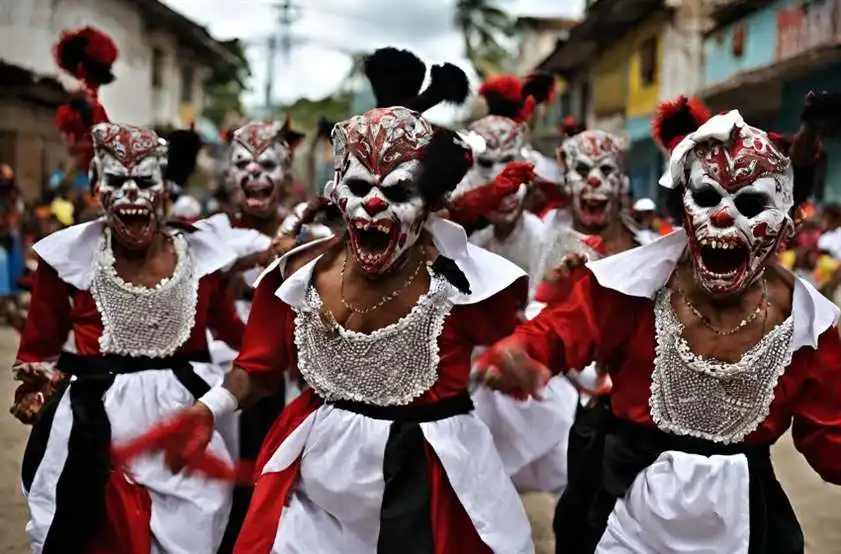
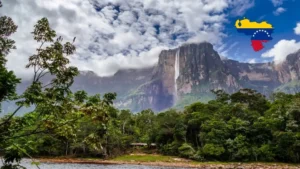
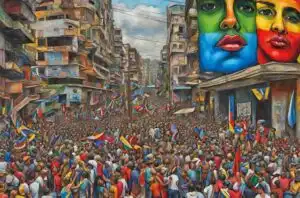
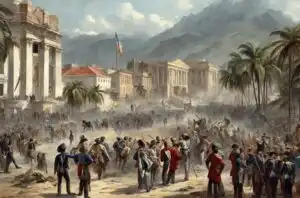
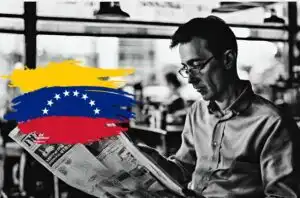
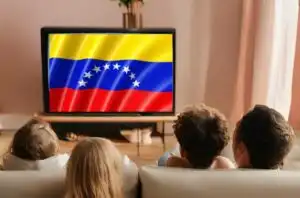
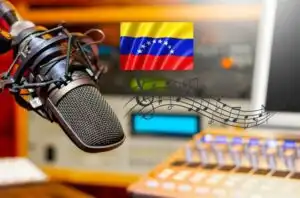
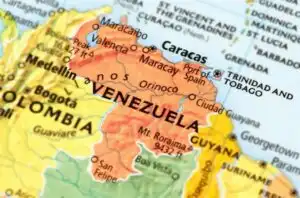
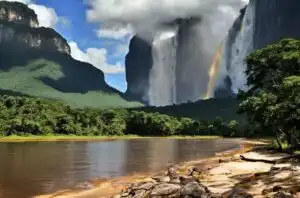
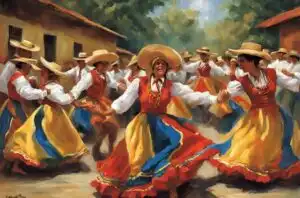
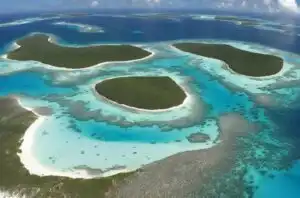
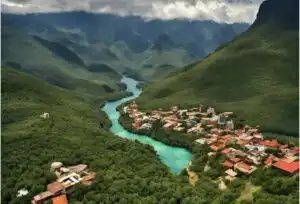
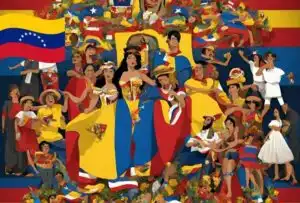
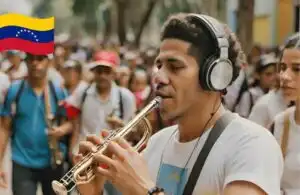
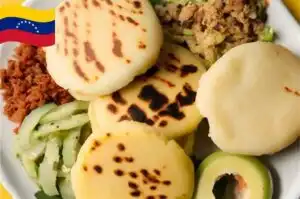

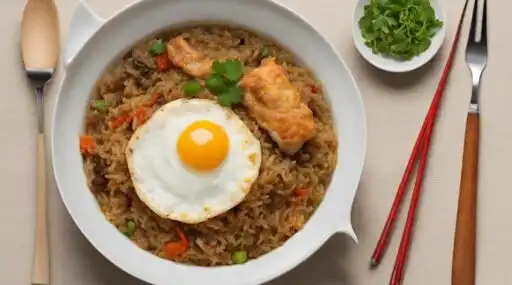
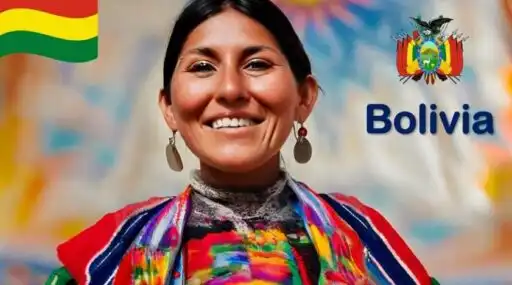
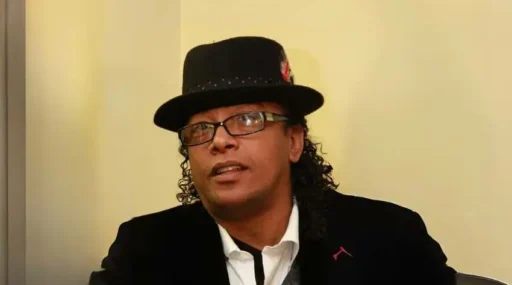
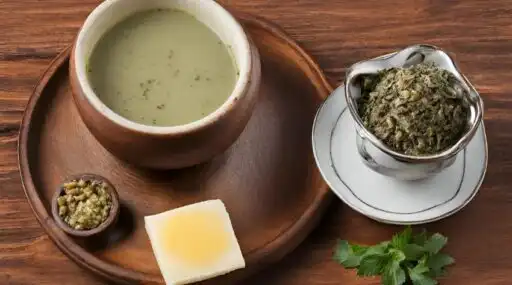

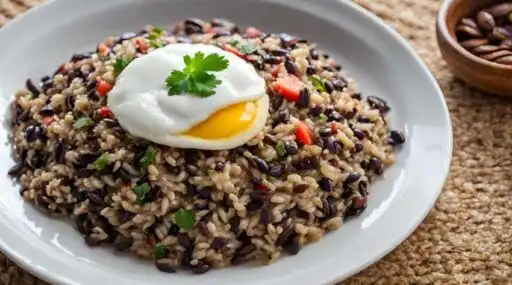
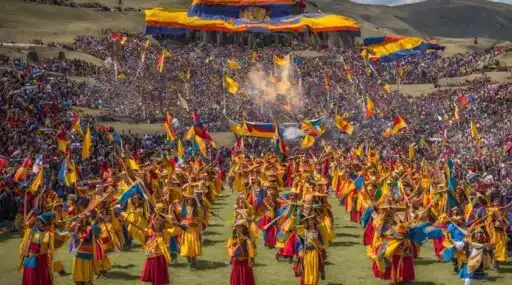
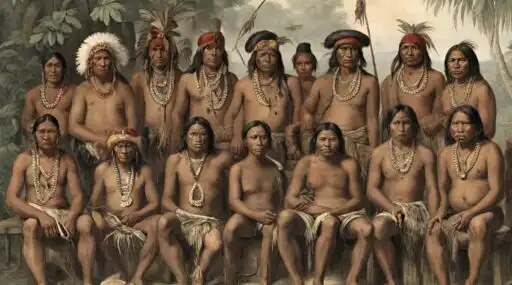

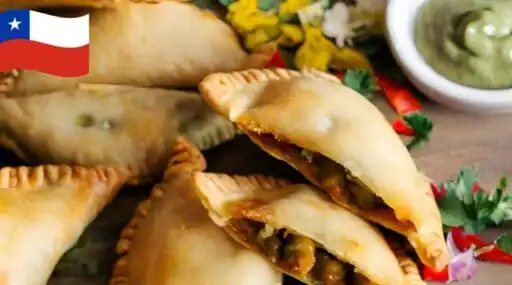
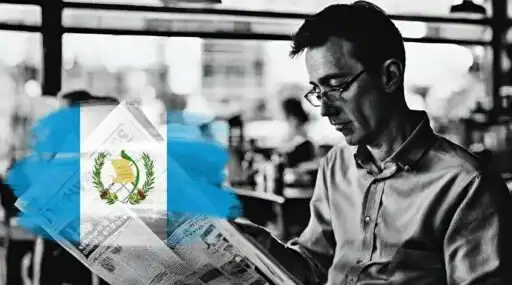

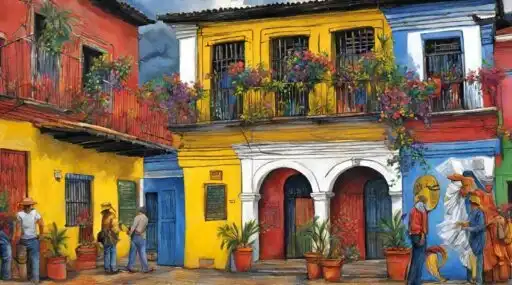
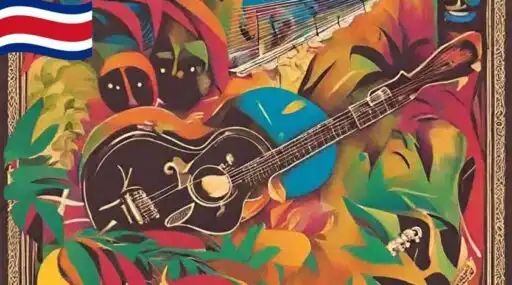
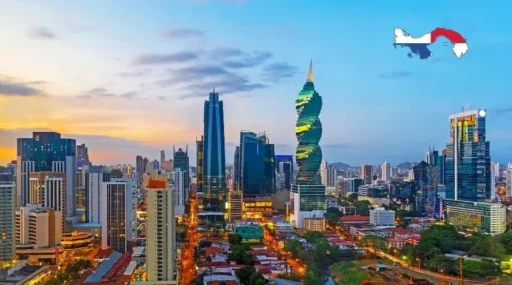
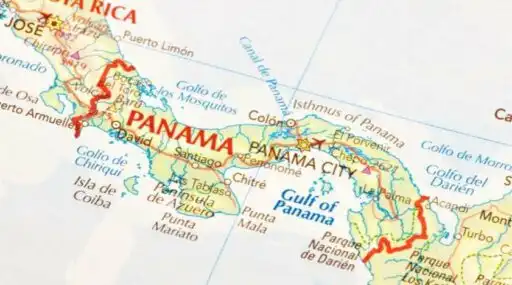
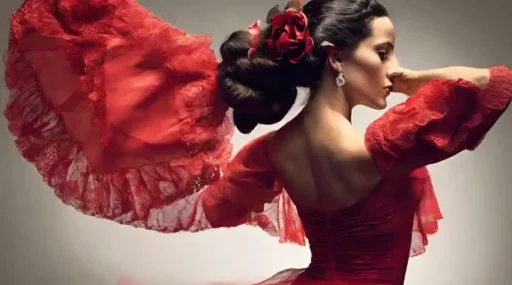
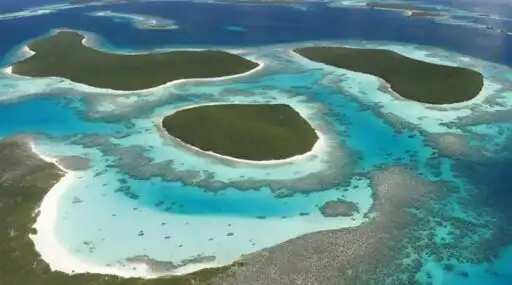
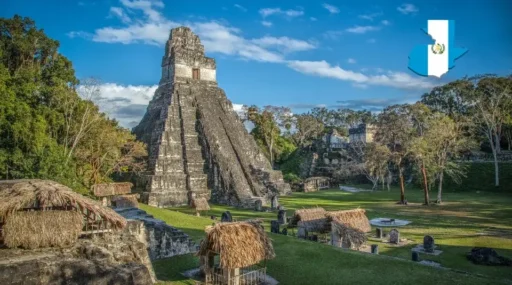
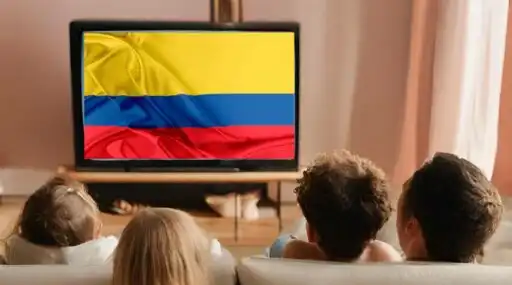
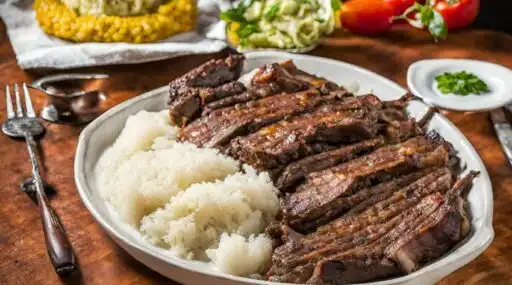
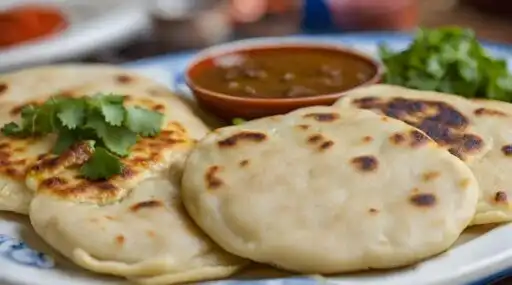
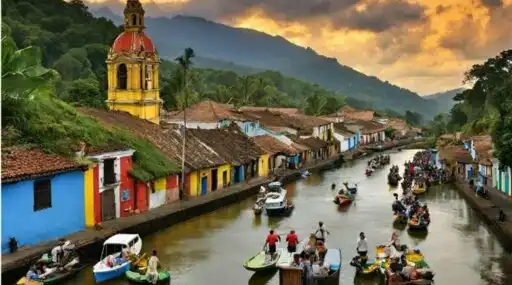
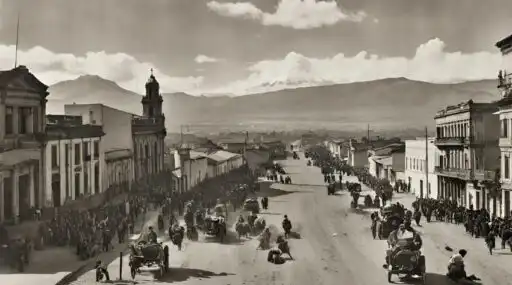
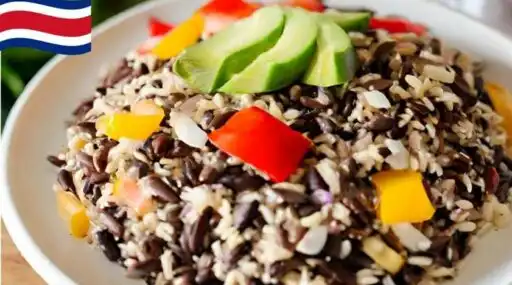


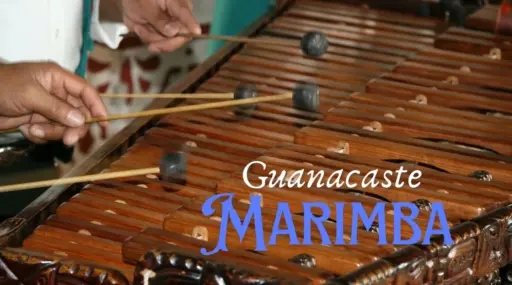
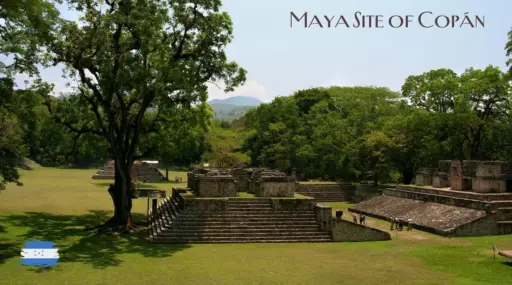
Leave a Reply